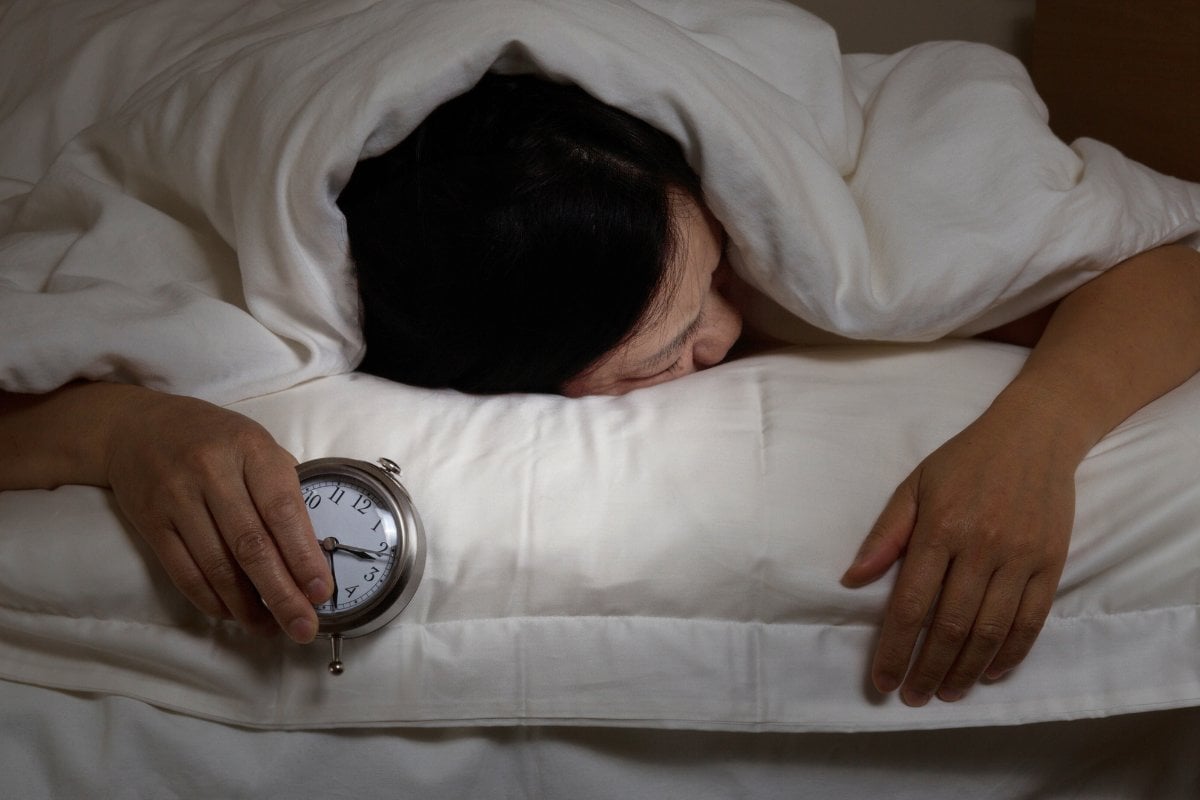
Ahh sleep. Anyone else feel like a much-deserved nap right now?
Feeling well-rested is something we all desire... and need.
For so long, we've been told that eight hours of sleep a night is the magic number everyone should aim for.
But it turns out, that might not be the case - at least not for women.
New research has revealed men and women are biologically wired to require different amounts of shut eye.
Watch: an explainer on mental load. Post continues below.
The study, carried out by PNAS Plus journal focused on circadian rhythms and how they typically differ between men and women.
Circadian rhythm is fancy science talk for our body's internal clock, referring to the 24-hour cycles our bodies run on that carry out our essential functions. This impacts our physiology and psychology.
The vast majority of scientific studies conducted throughout history on circadian rhythms have been based on research in men. Until now...
